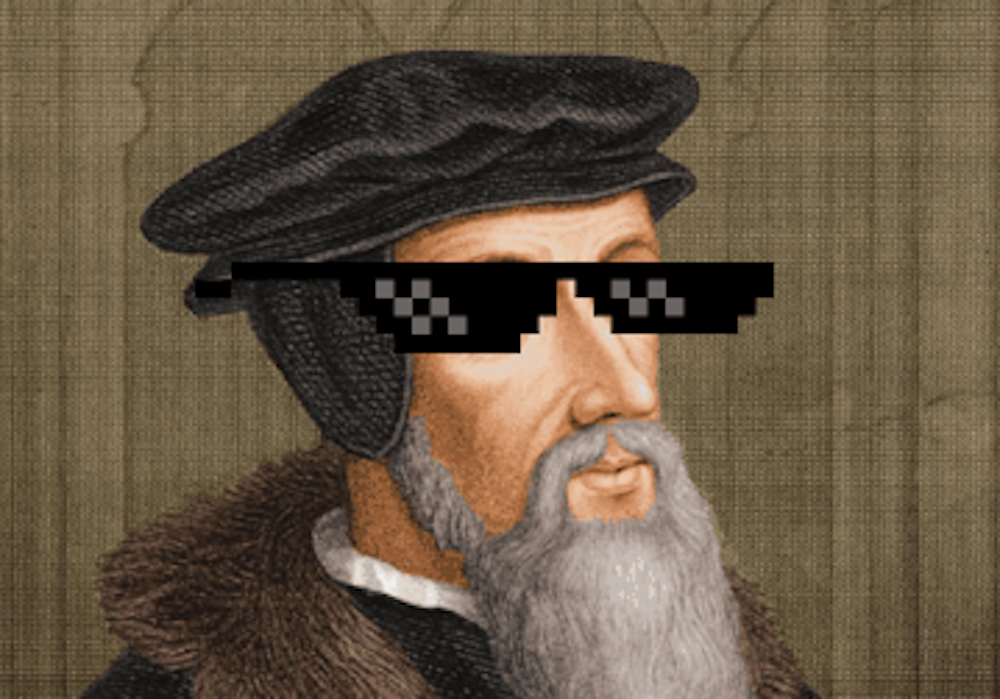In 1822, Thomas Jefferson was enjoying a quiet retirement at his beloved Monticello. His family troubles gave him sleepless nights but he found solace in his correspondence and, as always, in his books. The former president’s mind turned over Virginia’s politics, the state of the young American republic, and his plans for the new University of Virginia. Jefferson also experienced something of a religious awakening and became a convinced Unitarian in his last years.
Login to read more
Sign in or create a free account to access Subscriber-only content.
